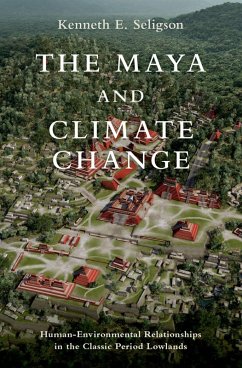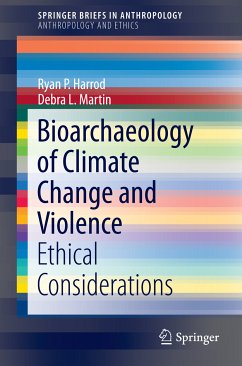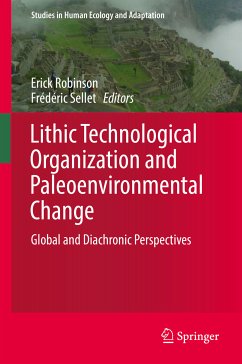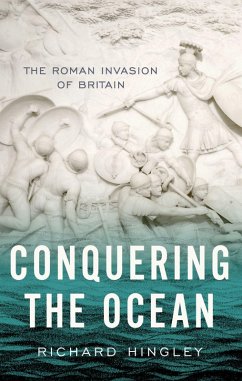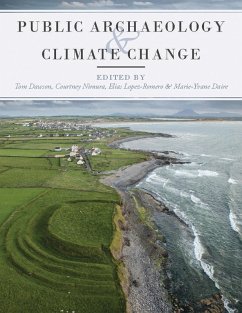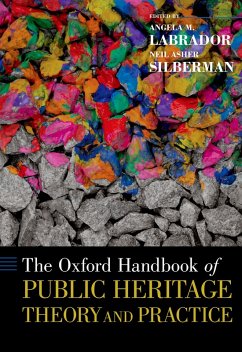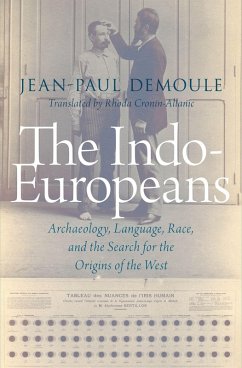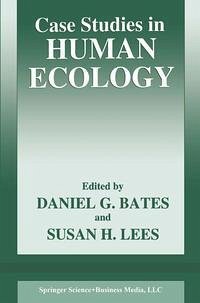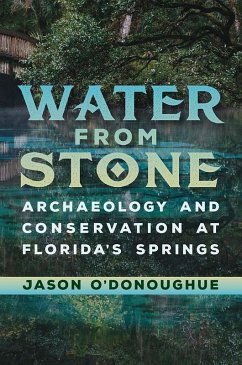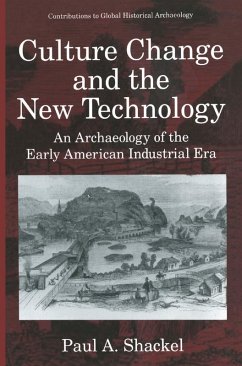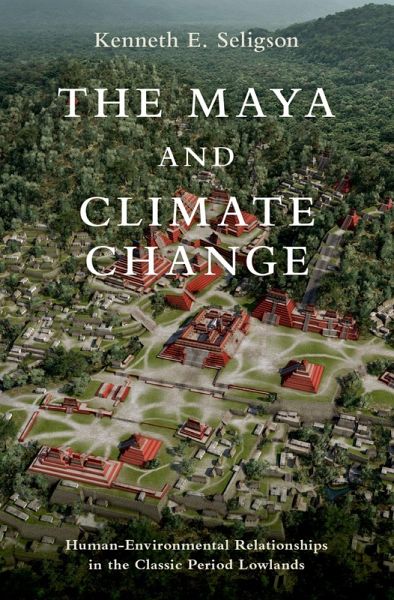
The Maya and Climate Change (eBook, PDF)
Human-Environmental Relationships in the Classic Period Lowlands
Versandkostenfrei!
Sofort per Download lieferbar
7,99 €
inkl. MwSt.
Weitere Ausgaben:

PAYBACK Punkte
4 °P sammeln!
The Classic Maya civilization, which thrived between 200-950 CE in eastern Mesoamerica, faced many environmental challenges, including those wrought by climate change. The ability of Maya communities to adapt their resource conservation practices played a crucial role in allowing them to survive for as long as they did. Researchers today understand that the breakdown of Classic Maya society was the result of many long-term processes. Yet the story that continues to grip the public imagination is that the Maya civilization mysteriously "collapsed". The Maya and Climate Change draws on archaeolo...
The Classic Maya civilization, which thrived between 200-950 CE in eastern Mesoamerica, faced many environmental challenges, including those wrought by climate change. The ability of Maya communities to adapt their resource conservation practices played a crucial role in allowing them to survive for as long as they did. Researchers today understand that the breakdown of Classic Maya society was the result of many long-term processes. Yet the story that continues to grip the public imagination is that the Maya civilization mysteriously "collapsed". The Maya and Climate Change draws on archaeological, environmental, and historical datasets to provide a comprehensive, yet accessible, overview of Classic Maya human-environment relationships, including how communities addressed the challenges of climatic and demographic changes. It works to shift the focus from the Classic Maya "collapse" to the multiple examples of adaptive flexibility that allowed Pre-Colonial Maya communities to thrive in a challenging natural environment for over seven centuries. Although the Classic Maya civilization did not leave behind much in the way of secret environmental knowledge for us to rediscover, one of the critical lessons that can be learned from studying the Classic Maya is the importance of socio-ecological adaptability--the ability and willingness to change cultural practices to address long-term challenges.
Dieser Download kann aus rechtlichen Gründen nur mit Rechnungsadresse in A, B, BG, CY, CZ, D, DK, EW, E, FIN, F, GR, HR, H, IRL, I, LT, L, LR, M, NL, PL, P, R, S, SLO, SK ausgeliefert werden.




